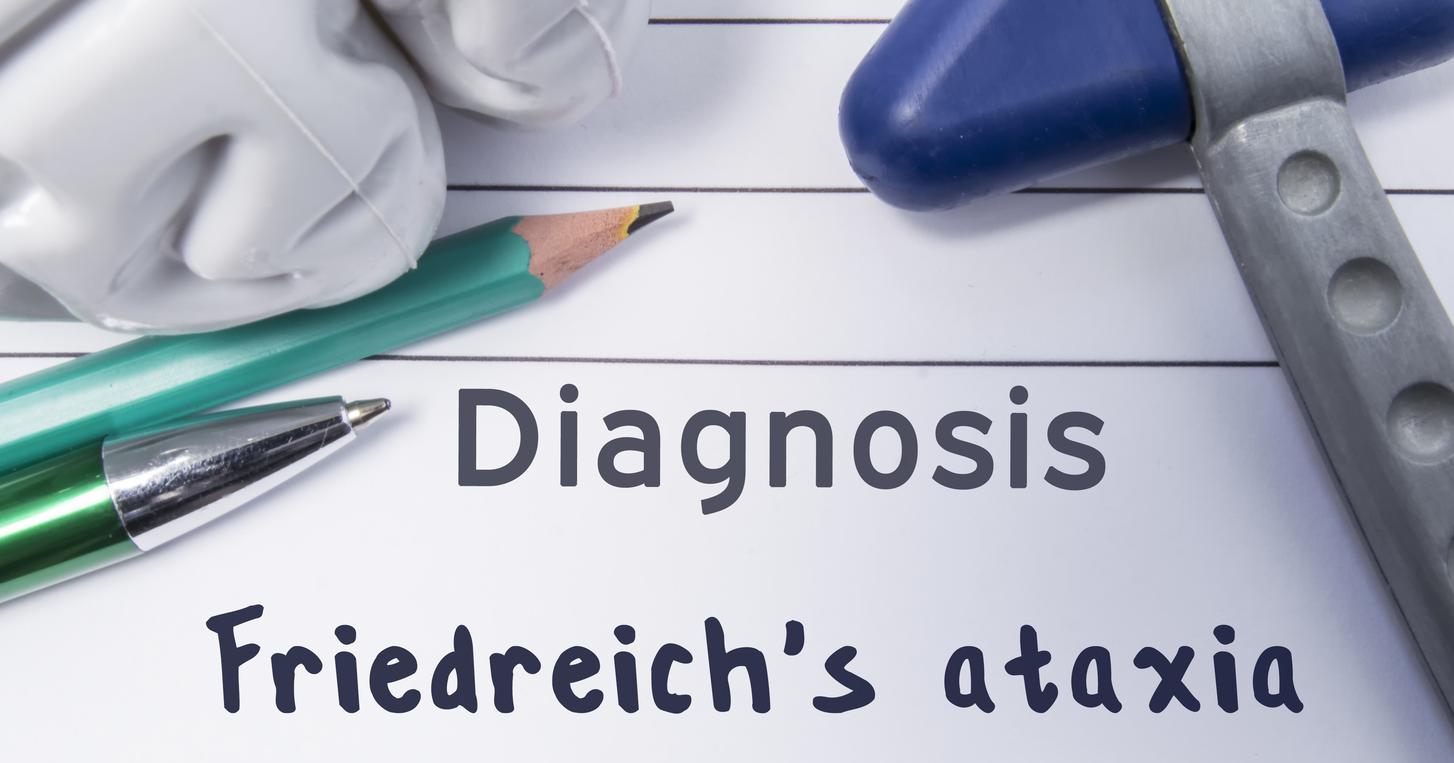What Conditions Chorea May Indicate
Friedreich's Ataxia

An individual with chorea may also be affected by Friedreich's ataxia, a rare disease that causes patients to have problems with normal speech, walking, and a loss of sensation in the legs and arms. Friedreich's ataxia is caused by a mutation in the FXN gene in an autosomal recessive fashion. This mutation causes progressive damage to the spinal cord, brain, and heart. Friedreich's ataxia is most commonly diagnosed in individuals between ten and fifteen years old. Non-chorea symptoms of Friedreich's ataxia include changes in vision, hearing loss, foot deformities, heart abnormalities, shortness of breath, chest pain, and difficulty with the sensation of vibration in the feet. Chorea-related symptoms that manifest in Friedreich's ataxia patients include weak muscles, loss of leg reflexes, poor coordination, irregular limb movements, and involuntary eye movements.
Discover additional medical conditions chorea may indicate now.